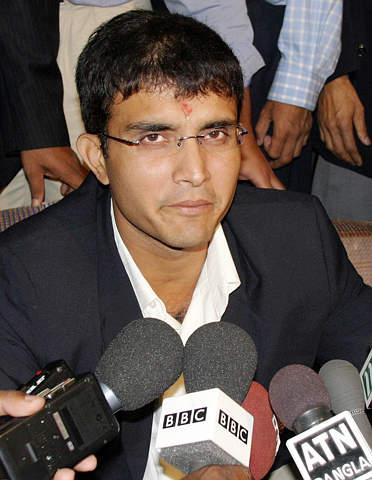This was an immortal duel under the sun; the searing intensity of a fast bowler in his prime against a wristy little Indian batsman at the M.A. Chidambaram Stadium.
With his speed, bounce and movement, Andy Roberts had ripped through the Indian line-up on the first day of the fourth India-West Indies Test of 1975.
Standing firm amidst the ruins was a little man with a touch of class. Gundappa Viswanath conjured the innings of his life on a lively pitch where batting demanded heart and skill.
“Vishy was different from a lot of Indian batsmen. He played the short ball well. He would not hook but would just rise on his toes and turn the delivery off his chest with his wrists,” remembers Roberts.
It indeed was a face-off that will not be clouded by the mists of time. Roberts, fast and furious, finished with seven for 64. And Viswanath remained unbeaten with 97 glorious runs in a total of just 190.
Lillee's compliment
Pace legend Dennis Lillee calls Roberts the complete fast bowler and that is some compliment. Says Lillee, “He was the best fast bowler I ever saw.”
Roberts claimed 202 wickets in 47 Tests at 25.61. His Test career of miles and milestones stretched from 1974 to '83.
The great conqueror from Antigua is, however, depressed by the current scenario in the West Indies cricket. “There is no commitment in West Indies cricket, no pride. The cricketers play for money, not for the game or the team. The West Indies cricket has declined, not just the fast bowling.”
Roberts, now 60, formed a fearsome pace quartet in the second half of the 70s and early 80s that changed the face of the game. Roberts, Holding, Marshall and Garner, the names just roll off the tongue.
Holding remains his great friend. “You know, he was the 12th man for Jamaica and I was the 12th man for Antigua. The friendship began there.”
He recalls, “We were all different, had different styles, different temperament. Holding was quick through the air, Garner had the height and bounce, Marshall was fast and skiddy.
“And there were others too like Croft, whose angle was very hard to deal with for the batsmen.”
Reverse swing
Roberts maintains that reverse swing was a factor even during his time. “I remember a series in '77, I tried to bowl the out-swinger and the ball came in. It was there.”
Those magnificent speed merchants from the Caribbean destroyed batting line-ups but cut into each other when it came to the tally of wickets.
Roberts was distinctly dangerous. He bowled two different bouncers with apparently no change in his action.
One would target the batsman's head and shoulder while the other would soar over. “Yes, I could do that. But that's a secret,” he smiles.
The Antiguan disagrees that present-day pacemen are burdened with too much workload. “Most of the time, they bowl 10 (in the ODIs) and four overs (in the Twenty20 games). We played a lot more first class games and Test matches. You can check.”
And Roberts reveals he never went to a gym. “I did training that was cricket specific. I would run in the sand and up the hills. That's where I got my strength from.”
A hard job
He elaborates, “Fast bowling is a hard job. You need to be as quick at five in the evening as you were at 10 in the morning. I could bowl as fast as anybody but I also varied my pace.”
Ask him about the hardest batsman he bowled at and Roberts is quick with his response. “It is Vivian Richards. I bowled against him in some first class games in England. He was explosive. In international cricket, Sunil Gavaskar and Ian Chappell were exceptional batsmen with different games. Gavaskar made his runs against the fastest of bowlers, in different conditions.”
When queried about a few fast bowlers quitting Test cricket to focus on the abbreviated form of the game, he answers, “They are getting paid more for bowling four overs than long, hard spells in Tests.”
Probed about Indian pacemen, he says, “Munaf Patel was much quicker when he came here last time.
“Now he has slowed down considerably. Ishant Sharma with his height and action was very promising when he began, but now he seems to have lost steam.”
Among the Indian pacemen, Roberts says Javagal Srinath was the only one who came closest to being called a genuine fast bowler.
 But this time, the Indian team is embarking on both the tours as the world's number one team, while Dravid, no longer the captain, will be looking to make major contributions with the bat.
But this time, the Indian team is embarking on both the tours as the world's number one team, while Dravid, no longer the captain, will be looking to make major contributions with the bat.



 1:32 PM
1:32 PM
 Editor
Editor











